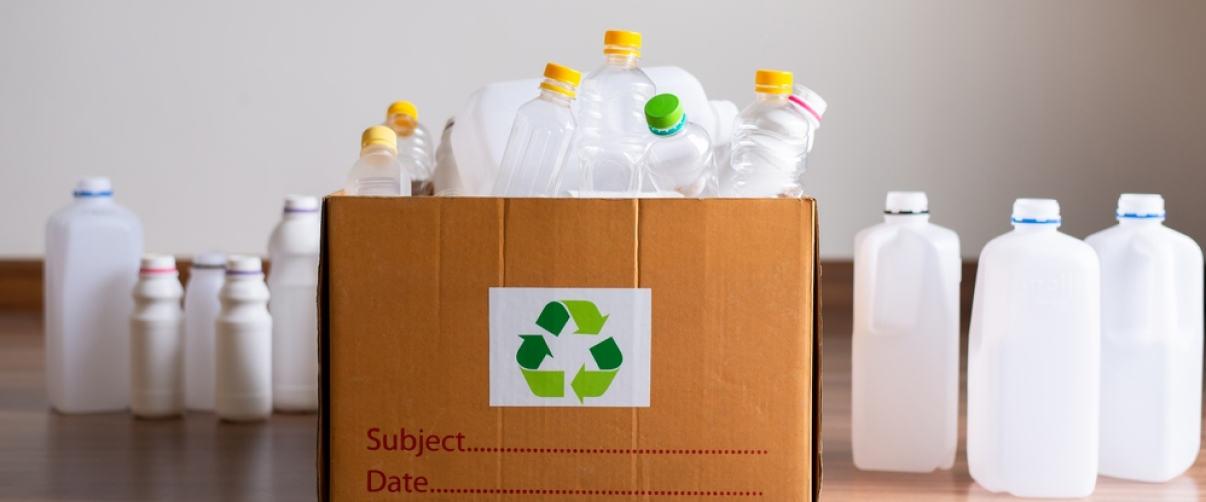Plastic recycling has long been championed as a key solution to combat environmental pollution. We dutifully sort our waste, believing we’re making a positive impact. But is the recycling system truly effective, or is it a comforting myth that masks a more troubling reality?
Is Recycling a Myth? The Truth About Where Your Plastic Waste Really Ends Up

Recent studies reveal that the vast majority of plastic waste isn’t recycled at all. In the United States, only about 5-6% of plastics are recycled into new products. This alarming statistic highlights a significant discrepancy between public perception and the actual effectiveness of recycling programs. Despite widespread educational campaigns encouraging recycling, the reality is that most plastic waste ends up in landfills, is incinerated, or, worse, pollutes our oceans and natural landscapes.
One of the core issues lies in the economics of recycling. It’s often cheaper for manufacturers to produce new plastic from fossil fuels than to recycle existing materials. This cost disparity stems from the low price of oil and gas, making new plastic production more financially attractive. Consequently, there’s a limited market for recycled plastics, which hinders the viability of recycling programs. The plastic industry, aware of these challenges, has heavily marketed the benefits of plastic while downplaying the limitations of recycling.
The complexity of plastic materials also contributes to the problem. Plastics come in various types, each with different properties and chemical compositions. This diversity makes it difficult to efficiently sort and recycle plastics on a large scale. Many recycling facilities lack the technology to process all types of plastics, leading to a significant portion of waste being discarded. The notion that all plastics are recyclable is misleading, and it perpetuates a cycle where consumers believe they’re contributing positively when, in reality, their efforts have minimal impact.
Internationally, the issue takes on a more alarming dimension. Developed countries often export their plastic waste to developing nations under the guise of recycling. However, these countries frequently lack the infrastructure to manage the influx of waste properly. As a result, plastics are improperly disposed of, leading to environmental degradation and health hazards for local communities. This practice shifts the burden of plastic pollution from wealthier nations to those less equipped to handle it, exacerbating global environmental inequality.
Moreover, the plastic industry’s promotion of recycling can be seen as a strategic move to deflect criticism and regulatory action. By advocating for recycling, the industry places the responsibility on consumers rather than addressing the root cause: the overproduction of single-use plastics. This tactic redirects attention away from the need for systemic change in manufacturing and consumption patterns.
So, what can be done to address this pervasive issue? Reducing the production and use of single-use plastics is a critical first step. Emphasizing the adoption of alternative materials, such as glass and aluminum, which have higher recycling rates and are less harmful to the environment, is essential. Additionally, implementing policies that hold manufacturers accountable for the lifecycle of their products can drive change. This could include regulations that require companies to design products with end-of-life disposal in mind, encouraging the use of recyclable or biodegradable materials.
Consumers also play a vital role. By advocating for and supporting products with sustainable packaging, individuals can drive market demand toward more environmentally friendly options. Awareness and education about the limitations of plastic recycling can empower consumers to make informed choices and participate in grassroots movements that pressure industries and governments to take action.
In conclusion, while recycling remains a valuable tool in waste management, relying on it as the primary solution to plastic pollution is a myth that needs dispelling. A combination of reducing plastic production, innovating alternative materials, and enacting robust policies is essential to mitigate this growing environmental crisis. A collective effort is required to shift from a throwaway culture to one that values sustainability and long-term ecological health.











